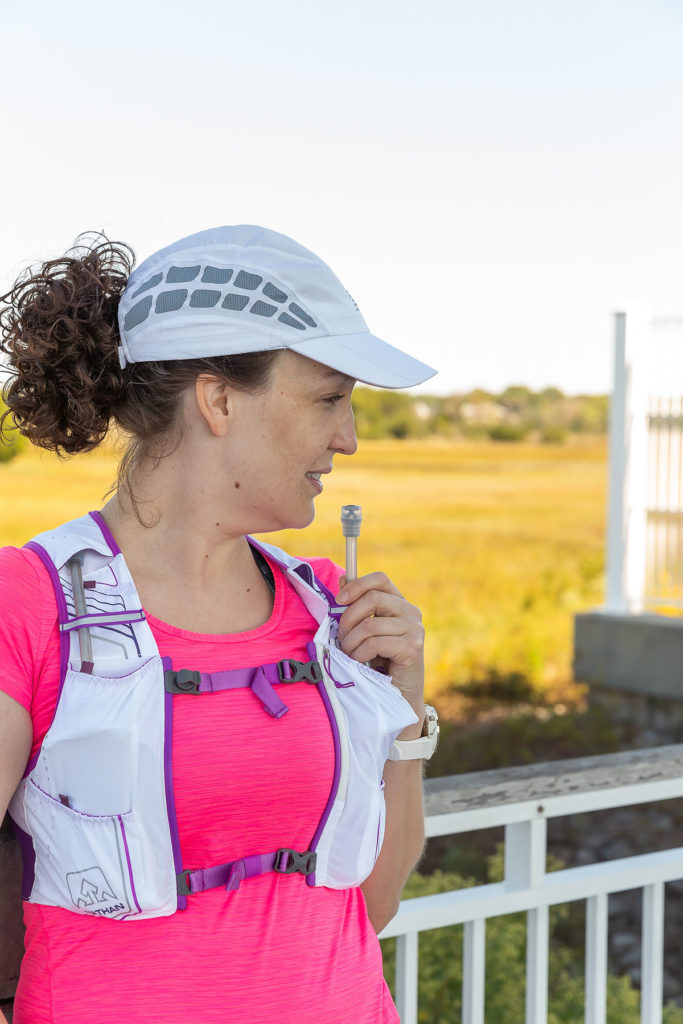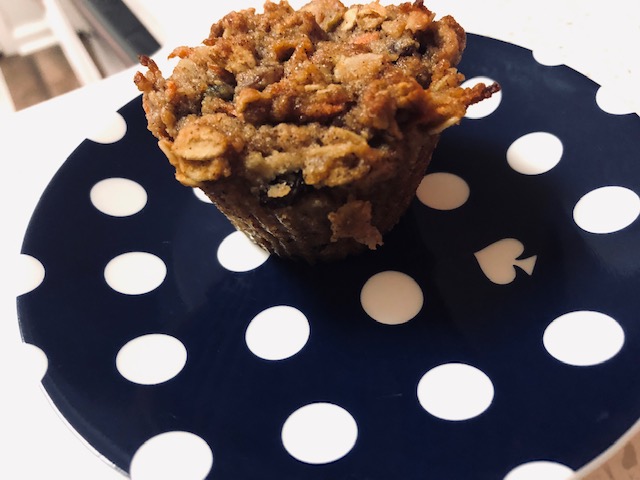Alright, if you’ve gone through Marathon Training: How to Get Started of the marathon training series then you have a plan! You’ve probably got a couple of weeks of running under your belt and are wondering what’s next and hopefully feeling good about things so lets get right to it.
Varying your workouts
You can absolutely train adequately for a marathon by just…running. You can do all of your runs at the same pace, and simply work on spending time on your feet. That’s how I trained for my first one. However, what I’ve learned since is that doing different types of runs, and keeping easy days REALLY EASY, is super beneficial to your training. Check out my post on the types of running everyone should know here.
Making sure your plan includes some speed work and intervals will greatly help you prepare for race day. One of the most important things I’ve learned lately is that when I’m scheduled for an “easy run”, it means easy. Easy means you should feel conversational and like you are holding back. It helps your body recover and prepare for that speedwork and ultimately racing. It may also drive you crazy. 😉
How long to run – is 20 plenty?
Y’all. I have VERY mixed feelings on this one. Most beginner marathon training series or programs tells you that 20 miles is the max distance you should run before the actual race. The preparation you put in during training gets your body ready and it will adapt to the last six miles. You also reduce the risk of getting injured or burnt out by running too long before the race. So, 20 miles is the widely used measure.
I ran 20 before my first marathon just like everyone said, and I’m still here to tell the tale. I didn’t get injured. What no one prepared me for, was the extreme mental toughness those last 6 miles would require. If you think of it as oh, I’ve gone 20 miles, what’s another 6 then sure it’s ok. However, what I did was start thinking OMG, I am exhausted, stiffening, and ready to quit and I have AN HOUR left to go! Every mile seemed like three, and I had to dig DEEP. I’ve always said I wish I had done maybe 21-22 miles first. Would that have been beneficial? We’ll never know.
Now, having multiple marathons under my belt, I would absolutely agree that 20 is all I need to train for, but it’s because I know what to expect for those last miles. What should you do? I honestly don’t know, but experts all seem to agree on less is more. 🙂
Fueling during long runs
The age old question: what do I eat DURING my long runs? Unfortunately there is no one-size-fits-all answer. Generally speaking you need sugars and carbs. Around 60 ish grams of carbs per hour of endurance activity. However, how you intake those carbs varies for everyone, and really depends on how your body (and stomach) tolerates them. You’ll want to try out a few things until you get the right formula for you.
My formula: I use Tailwind Nutrition both for run fuel and recovery (more on recovery in part 3). I love it because I can put it in my hydration pack and forget it. It’s technically all the fuel I need. For a half marathon, that’s all I do. When it comes to a full marathon, though, something happens to me mentally and I. Need. To. Chew. Something. I don’t know what it is, but I need to feel like I’m eating not just drinking my carbs. So I’ll add some energy chews maybe half way and toward the end. Honey Stingers, Skratch Labs, Cliff…they all make great options.
There will almost always be fuel on the course as a backup if you start to hit the dreaded wall, but remember you should try and bring your own, so that you’re using what you’ve trained with. If you really don’t want to carry then try to find out what will be available on the course and train with that.
Hydration
Oh man, hydration is CRITICAL to marathon performance. Don’t wait until you’re parched, drink early and drink small sips often. I’ve written the Ultimate Hydration Guide already so go check that out.

Recovery
Recovery and rest are so important to marathon success. Make sure your plan incorporates a couple of rest days each week. To me, a rest day means no running and little to no cross training. Some yoga or a nice walk might do the trick if you just can’t sit still, but avoid any intense workouts on your rest days to really let your body recover.
Make sure you are also getting adequate sleep. Running on an empty tank takes it’s toll. I try for at least 7 hours a night, 8-9 if I can pull it off. I know this might seem impossible for some, especially with kids and life obligations. Again, we’re all different, so do the best you can just know that 4 hours of sleep consistently isn’t likely to do you any favors.
Stay tuned for part three of the marathon training series where we’ll talk food and what to do if your training plan starts to go off course.
